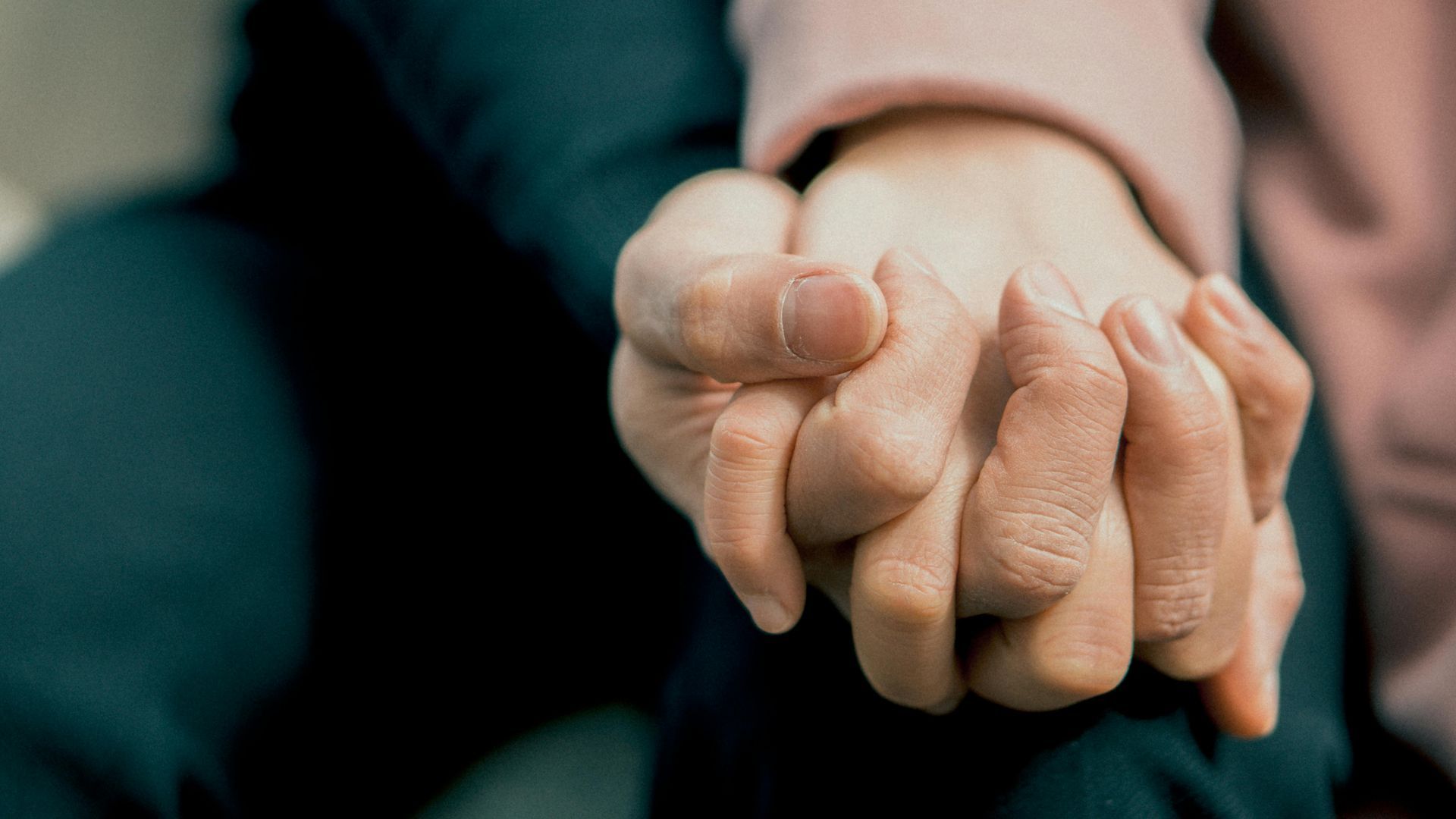Finding Support: Community Resources for Teenagers Living with Traumatic Brain Injury
When a teenager sustains a traumatic brain injury (TBI), their life changes in profound ways. Alongside physical challenges, they may experience difficulties with memory, concentration, and emotional regulation. This period of transition is not only challenging for the teenager but also for their families, who often feel at a loss when seeking appropriate support. Community resources can play an invaluable role in helping these young individuals navigate life post-injury, offering support networks, therapeutic interventions, and educational accommodations to aid their recovery and growth.
One of the primary needs for teenagers with a TBI is social and emotional support. This type of injury can lead to feelings of isolation, as many friends and classmates may struggle to understand the challenges associated with a TBI. Community centers, hospitals, and local organizations often provide support groups designed specifically for young people with brain injuries. These groups allow teenagers to meet others who are going through similar experiences, helping them to feel less alone and more understood. Such settings offer safe spaces to share feelings, frustrations, and victories, guided by facilitators trained to help participants express themselves constructively. Connecting with peers in these groups can foster a sense of belonging and help teenagers develop friendships based on shared experiences.
Educational resources within the community are another critical area of support. Schools often play an essential role in helping students with TBIs continue their education while accommodating their unique needs. Community-based educational programs frequently work with schools to develop Individualized Education Plans (IEPs) or 504 plans for students with brain injuries. These accommodations can range from extended testing time to modified assignments, all aimed at creating a more accessible and supportive learning environment. Additionally, school counselors and special education professionals can be important allies, helping families to advocate for appropriate resources and accommodations that will enable teenagers with TBIs to succeed academically.
For teenagers who struggle with cognitive or physical impairments resulting from a TBI, rehabilitation services are often available through local hospitals and health organizations. Many communities have outpatient programs specializing in brain injury rehabilitation, where adolescents can work with professionals such as occupational therapists, speech therapists, and physical therapists. These specialists help address specific challenges, from improving memory and concentration to rebuilding physical strength and coordination. Therapy is usually tailored to each individual’s needs, with goals that evolve as the teenager progresses. Rehabilitation programs can help young people gain independence, encouraging them to develop skills that will allow them to participate more fully in everyday activities.
In addition to structured therapies, recreation programs within the community are beneficial for teenagers with TBIs. Some organizations and community centers offer adapted sports, art classes, and music programs designed specifically for individuals with disabilities, including brain injuries. These programs provide a much-needed outlet for creativity and self-expression, which can be incredibly therapeutic. Engaging in recreational activities can also foster self-confidence and promote social interactions, giving teenagers a chance to build connections outside of a clinical or school setting. For many, the opportunity to participate in an activity they enjoy is a powerful reminder of their abilities and strengths.
Another important community resource is mental health support. Traumatic brain injuries often bring emotional and psychological challenges, such as anxiety, depression, and mood swings. Teenagers may find it difficult to adjust to changes in their cognitive or physical abilities, leading to feelings of frustration or sadness. Community mental health centers frequently offer counseling services that can address these unique issues. Some centers may even have therapists who specialize in working with brain injury patients, providing therapy tailored to the emotional impacts of a TBI. Access to mental health support helps these teenagers develop coping strategies, process their emotions, and build resilience during recovery.






All Rights Reserved | Flourish Supportive Living | By Digital Marketing Dude Website Development Westminster CO








